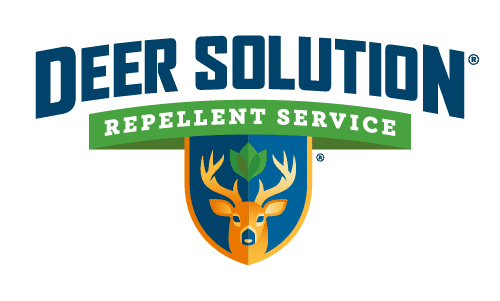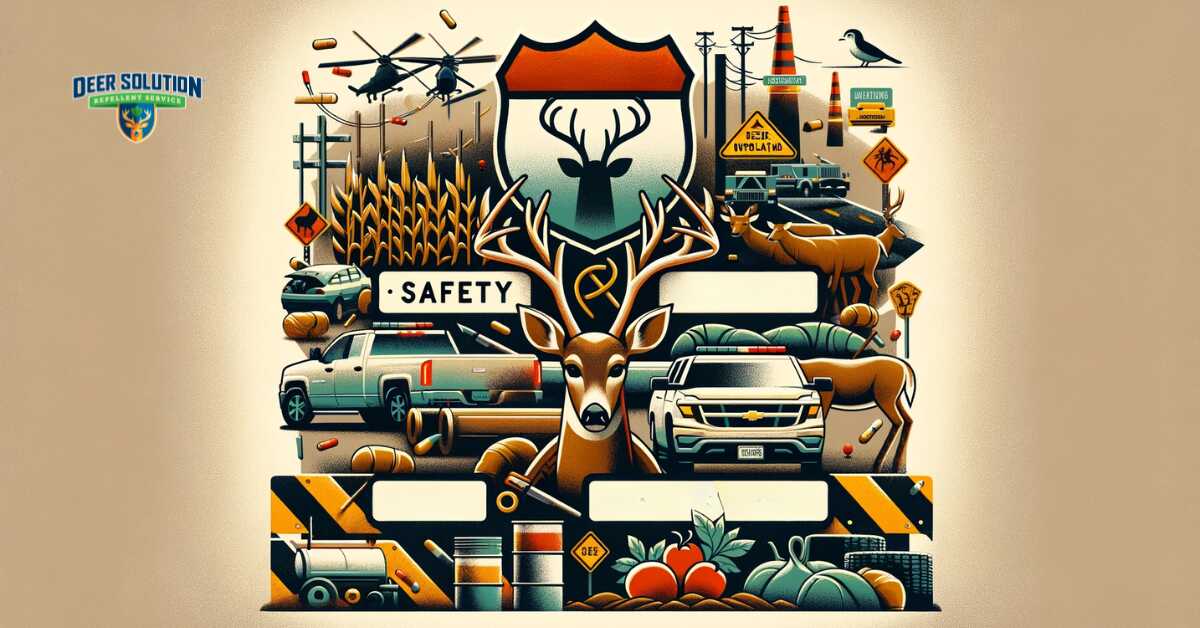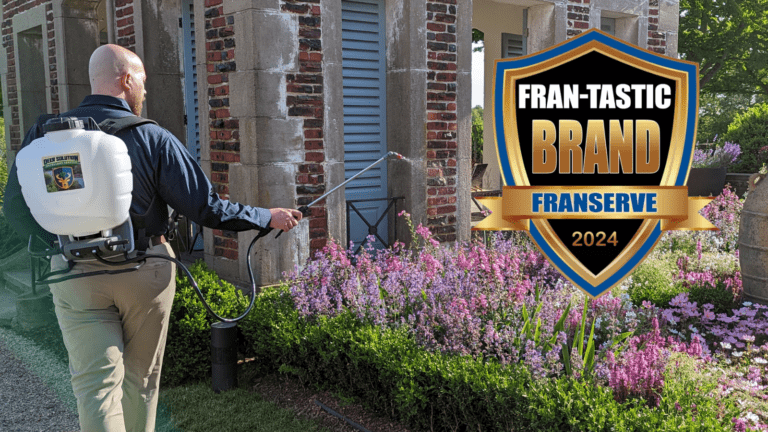Morris County, New Jersey, faces a significant challenge with deer overpopulation. This issue affects various aspects of life in the county, from road safety to agricultural productivity and ecological balance.
This comprehensive analysis delves into the multi-faceted nature of the problem and the efforts being made to mitigate its effects.
The Surge in Deer-Related Vehicle Accidents
A notable increase in deer-related vehicle accidents in Morris County highlights a major public safety concern. These incidents are particularly prevalent during the deer mating season, spanning October to December.
The risk is especially high during dawn and dusk when visibility is lower, and traffic is heavier. In 2022, a significant number of deer-vehicle crashes were recorded, underscoring the need for heightened awareness and caution among motorists during these critical months.
Agricultural Impact and the Hidden Costs
Deer overpopulation has a profound impact on agriculture in Morris County. A Rutgers University study reported significant financial losses due to deer-related damage on farms, including direct crop damage and additional expenses such as increased use of fertilizers and herbicides, and changes in crop rotations.
These challenges are compounded by the emotional and physical toll on farmers, who often have to manage deer after exhausting workdays. The emotional strain is a significant, yet often overlooked, aspect of the deer problem.
Deer Density and Ecological Balance
The deer density in Morris County, which in some areas ranges from 44 to over 200 per square mile, significantly exceeds the recommended 10 deer per square mile for ecological balance. This overpopulation leads to overgrazing, affecting the regeneration of forests and the survival of various plant species.
The ecological imbalance has cascading effects on other wildlife species, altering habitats and food chains. Managing deer density is crucial for maintaining the ecological integrity of the county.
Efforts to Control Deer Population
In response to the escalating deer issue, Morris County has initiated deer hunts in its parks. These hunts aim to reduce deer numbers to levels that support the restoration of native plant communities and maintain healthy habitats.
The county emphasizes that these hunts are focused on population control and ecological management, not sport or recreation. This initiative is part of a larger strategy to address the ecological impact of deer overpopulation and its effects on the environment and agriculture.
The deer overpopulation crisis in Morris County underscores the need for comprehensive wildlife management strategies that balance ecological health, public safety, and agricultural sustainability. The county’s approach, involving community engagement and policy intervention, is crucial in finding sustainable solutions to this growing problem.
As the county continues to tackle this issue, it serves as a reminder of the intricate relationship between human activities, wildlife populations, and ecological sustainability. Effective deer management is essential for mitigating the adverse effects on the community and ensuring the well-being of both the agricultural sector and the natural environment.












